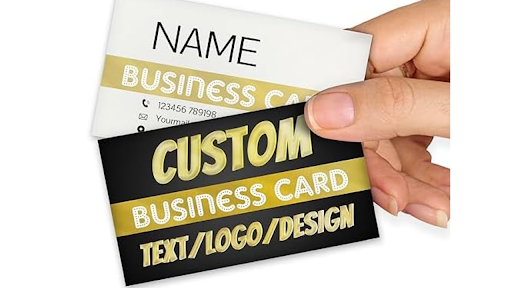How Marine Cargo Insurance is Breathing Life into the Shipping Industry
While maritime transport is one of the safest channels of the movement of goods, inevitable risks can create damage or total loss of cargo. For example, in March 2021, it took a week to free a giant container ship that moved aground and clogged the Suez Canal, amplifying the crucial problems of shipping routes. While it will take years to sort out who will pay for the mess, the dramatic wedging has drawn attention to the obstruction management of the framework. According to the New York Times, the crisis has cost the Egyptian government almost $90 million in lost toll revenues. So how to protect your cargo during overseas trade? This is where marine cargo insurance comes into picture.
Marine cargo insurance compensates the insured party for the damaged cargo and risks typical of maritime navigation. A maritime insurance policy will protect you from maritime-related risks, whether you own a yacht or ship with commercial intent or not. By law, all shipping lines have the responsibility to offer maritime insurance. However, it is advisable to purchase additional insurance to guarantee complete coverage. The coverage policies protect against loss/damage incurred to the goods while in transit.
How does Marine Insurance work?
Like other transport insurance, it shifts all liability from stakeholders to the insurance provider when you purchase marine insurance coverage. However, as an exporter, transit insurance helps you protect the cargo against any loss or damage. In most cases, export contracts come with an obligation that the exporter must own marine insurance. Therefore, we recommend you take marine insurance to fulfil the agreement’s terms, such as Carriage and Insurance Paid or Freight coverage policies.
The coverage protects the customer’s interests and property within the contractual agreement.
Types of Marine Insurance
There are several types of marine insurance cover to cater to various needs. Here’s what they are:
- Freight Insurance
The freight insurance protects a ship-owning corporation if they are vulnerable to losing the freight. Say, if you lose the cargo due to an accident, freight insurance will cover for the losses.
- Transit Insurance -P&I
Protection and Indemnity Insurance is a mutual insurance coverage service focused on the damages or losses to third-party cargo that standard marine transit insurance policies may not cover.
- Hull Insurance
Hull insurance provides coverage to your vessel’s hull and torse, with other ship’s furniture. You can take out hull insurance as an owner to steer clear of any damage or loss to the ship, vessel in case of an accident.
- Freight Demurrage Insurance
The freight defense insurance covers legal cost claims and handling assistance for many disputes not covered within Hull insurance or marine cargo insurance.
- Liability Insurance
A liability marine insurance policy is a type of marine transit insurance offering compensation for liabilities like crashes, collisions, or other induced attacks.
- Marine Cargo Insurance
Marine Cargo insurance protects the interests of cargo owners if the cargo is at risk of being manhandled, like loss, damage, or vandalism to the goods. In addition, the coverage policies will forfeit your losses against a specific premium payment.
- Marine Transit Insurance
This insurance coverage fortifies and compensates for operational damage to the ship. However, it requires approval from the surveyor for the protection of essential onboard machinery.
The maritime industry undertakes more than 40% of all cargo shipped around the world. Marine transport insurance will compensate for the full invoice value of the freight as well as broader losses from delays in the global supply chain. As general recommendations, we advise
- To have full knowledge of the details of the insurance.
- To examine the management procedure and ensure the cargo has its real value.





